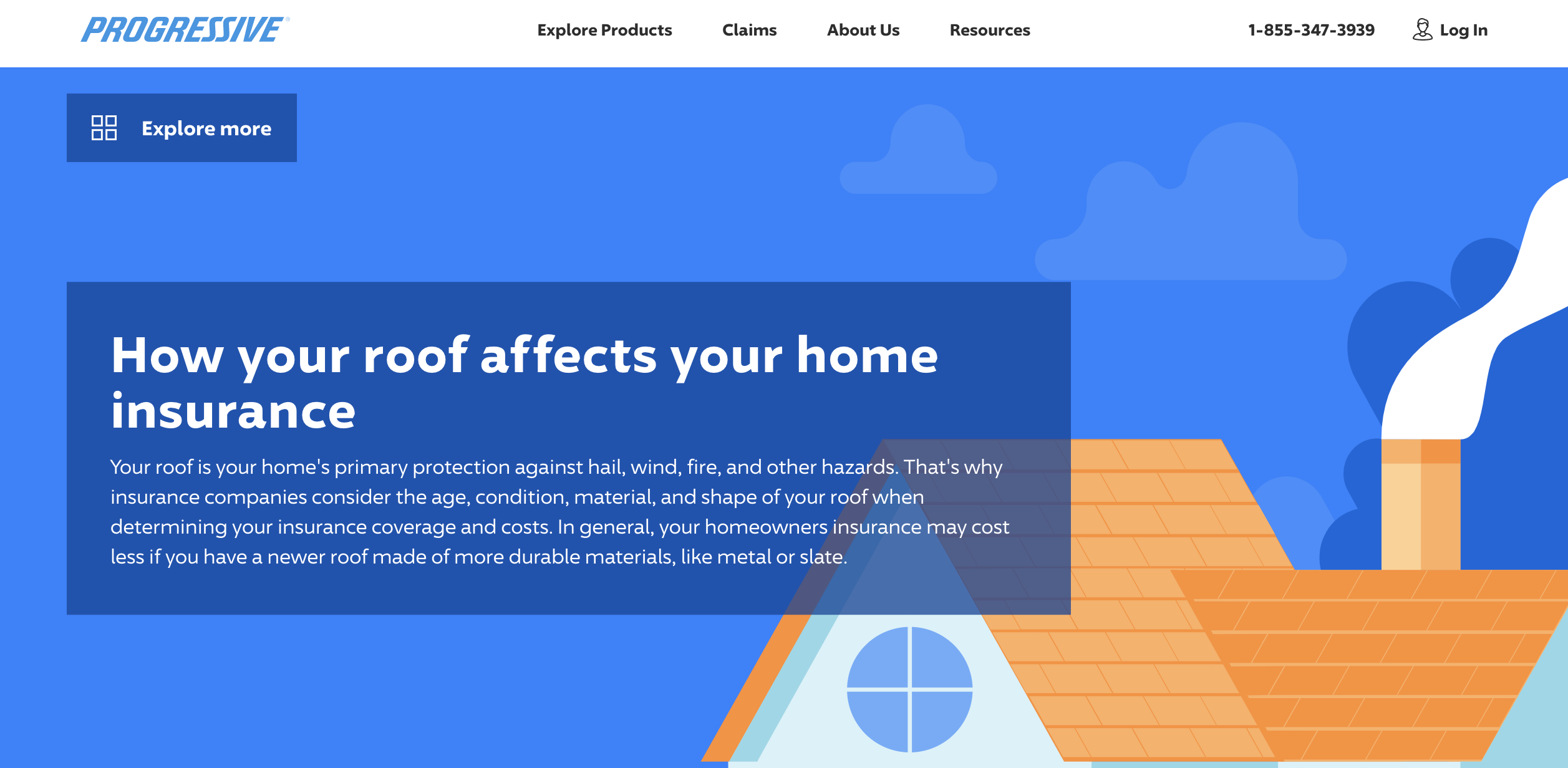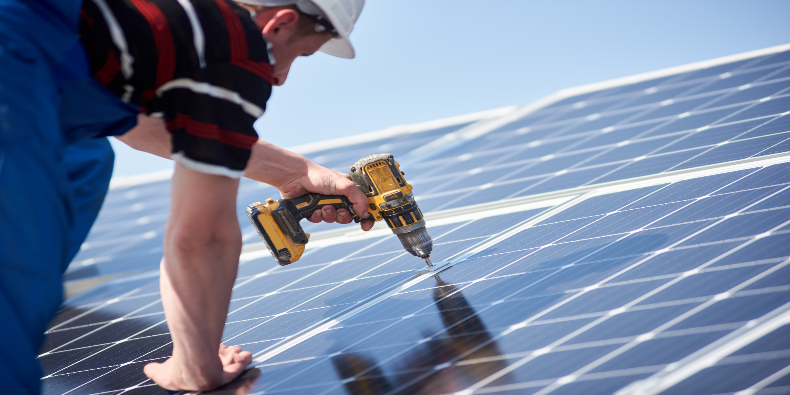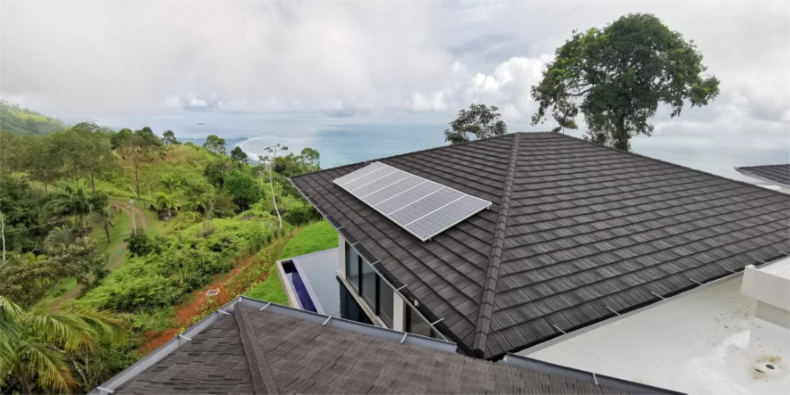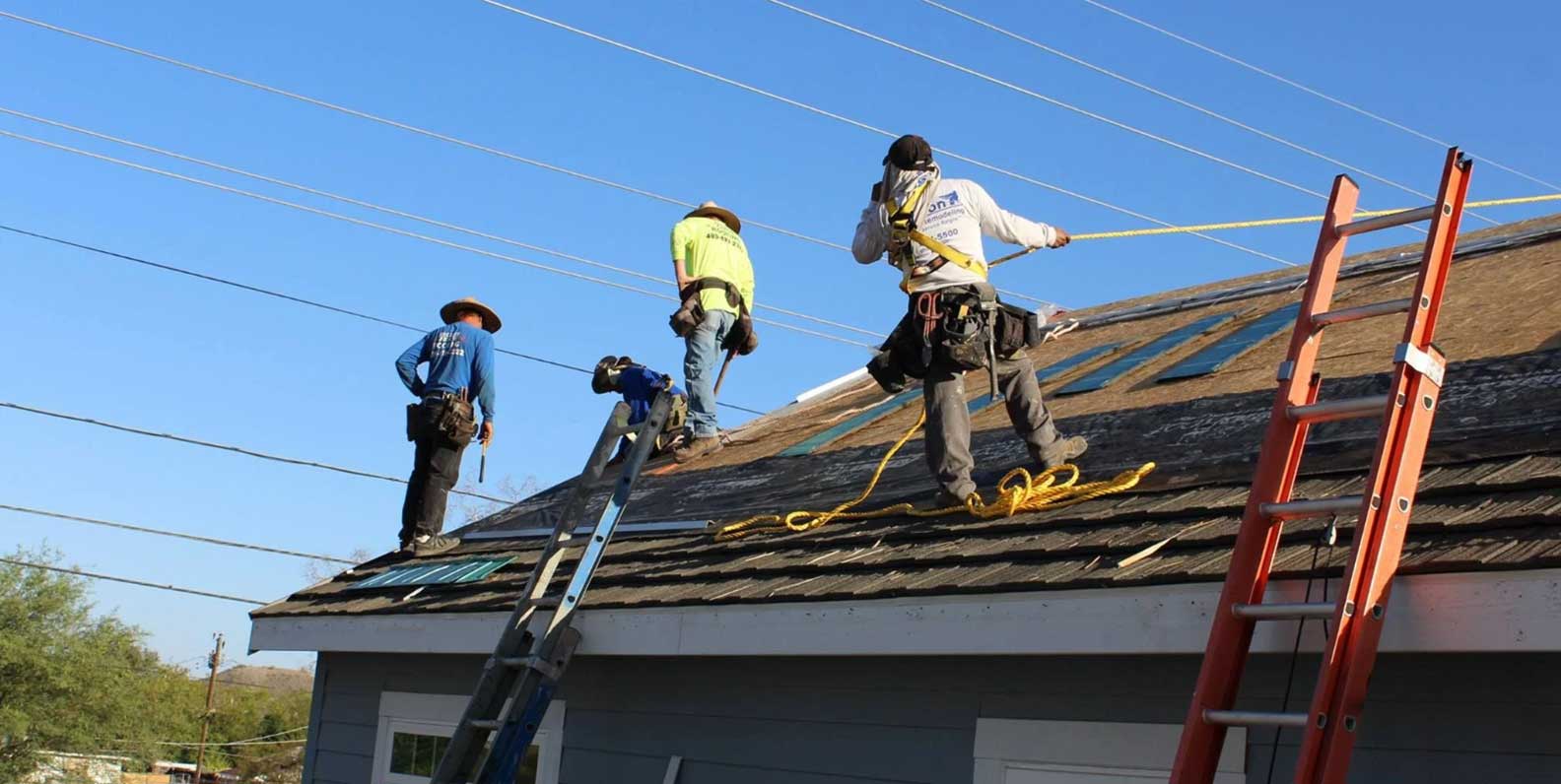While you should always consult a licensed insurance agent with questions about your policy and coverage, understanding how different roof types affect insurance coverage can prevent unanticipated costs if your roof needs to be replaced.
Navigating the nuances of homeowners insurance can be difficult, so we asked top insurance experts from across the country what every homeowner should know about roof damage and insurance, including:
- How your roof type affects insurance premiums, coverage and claims.
- What to know and do if your roof is damaged.
- FAQs about insurance coverage for a damaged roof.
How Your Roof Type Affects Insurance Premiums, Coverage and Claims
The type of roof you have can directly impact insurance premiums and coverage–and insurance companies aren’t shy about their preference for homes with a durable roof.
In fact, Progressive calls out loud and clear on their website that “your homeowners insurance may cost less if you have a newer roof made of more durable materials, like metal or slate.”

When weighing the pros and cons of different roof types, property expert Michael Ryan points out that “not all roofing materials are created equal when it comes to insurance. Asphalt is much more susceptible to damage from storms, hail, hurricanes and tornados. This means that homeowners with asphalt roofs will likely pay more for their insurance than those with other types of roofs.”
In addition to knowing how different types of roofing can affect insurance premiums, “homeowners should understand how a roofing material will impact a potential claim settlement. Many people have depreciated roof coverage and don’t even know it. The distinction is critical because the claim payout for asphalt roofs is often a fraction of that for a metal roof of the same age. The unfortunate fact is most homeowners are not informed about their policy coverage until they have a claim, at which point it is too late to prevent what could be a very costly mistake,” said Ian Gutterman, CEO of Informed Insurance.
Take Florida, for example, where recent legislation changed how insurance companies cover roof replacement claims. Passed in 2021, SB76 states that if a roof is less than 10 years old, homeowners will typically receive 100% replacement coverage. If the roof is older than 10 years, replacement coverage reduces to:
- 70% for a metal roof.
- 40% for concrete, tile or wood shingle roofs.
- 25% for asphalt shingles and all other types of roofing materials.
Insurance companies are increasingly responding to the high cost of ongoing claims, so it’s smart for homeowners to consult a local insurance agent to learn how different roof types are covered in their area.
What to Know and Do in the Event of Roof Damage
If your roof is damaged, it is critical to get in touch with your insurance agent ASAP.
Gutterman recommends that homeowners “contact their insurance company and/or agent, to help prioritize their claim for the best chances of a speedy settlement. Also, ask your agent or insurance company if they have any recommendations for preferred contractors and vendors as it’s wise to obtain the go-ahead from your insurance company’s claim representative before beginning repairs.”
FAQs About Insurance Coverage for a Damaged Roof
The number one question insurance experts receive from homeowners is:
Does insurance cover the entire cost of a new roof?
“One of the most common things homeowners are not aware of when it comes to insurance and roofing is the fact that their insurance policy may not cover the entire cost of a new roof. Damage to your roof from a storm, hail, hurricane, or tornado may not even be covered by insurance and you may need to purchase additional coverage for these types of events. The amount of coverage you need will depend on the type of roof you have and the amount of damage that is possible,” said Michael Ryan of MichaelRyanMoney.com.
Other frequently asked questions include:
Will my insurance rates increase if I file a claim?
"No. A homeowner's rate will not increase if they file a claim due to weather-related damages," said Nick Schrader, insurance agent at TexasGeneralInsurance.com.
Do some roof types qualify for insurance discounts?
“Yes, some insurers offer discounts for specific roofing materials, like metal roofs, because they’re less likely to catch fire or become damaged by a storm,” said Melanie Musson of Clearsurance.com.
Should I try and repair the roof myself?
“If your roof is damaged by a storm, hail, hurricane or tornado, you should not try to repair it yourself. These types of events can cause serious injury, and it is best to leave the repairs to a professional,” said Ryan.
How can I protect myself from roofing scams or fraud?
“Homeowners should be wary of storm chasers who show up following a catastrophic storm and request that homeowners sign papers allowing them to work with insurance to handle the damage. These situations can lead to insurance fraud and are the very reason that many home insurers won’t even cover roof damage in some areas,” warns Musson.
About DECRA Metal Roofing
Since 1957, DECRA Metal Roofing has set the industry standard for durability and longevity. Manufactured at our state-of-the-art facility in California, DECRA metal roofs are tested above and beyond the requirements to ensure the quality that DECRA is known for is present in each and every stone-coated metal roofing panel we produce.
Ready to see and feel the DECRA difference? Click here to order a free sample today.






